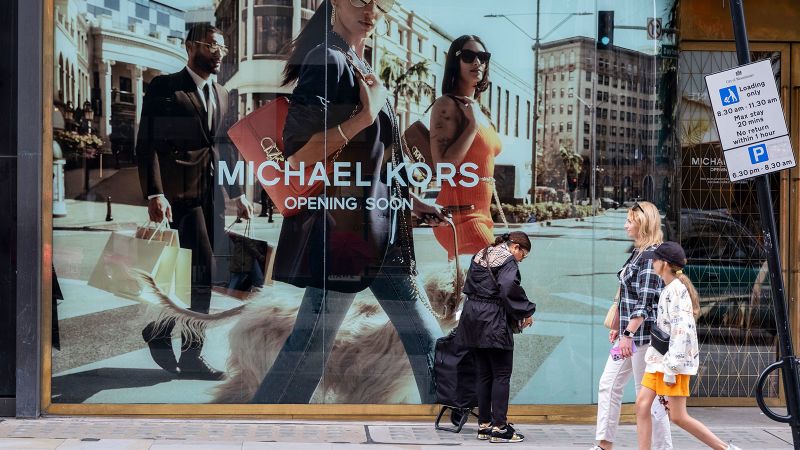The US Federal Trade Commission is suing to block Tapestry’s $8.5 billion deal to buy Capri, the owner of Michael Kors. The FTC believes that this deal would eliminate competition, impacting consumers. Lawmakers in the US have also been calling for increased scrutiny of multi-billion dollar deals that could potentially lead to higher prices for consumers. In December, new merger guidelines were introduced by US antitrust enforcers in an effort to foster fair and competitive markets.
Tapestry had announced its intention to acquire Capri in August, with the goal of creating a US fashion powerhouse that could rival larger European competitors like LVMH. The proposed merger would have allowed the companies to compete on price, discounts, promotions, innovation, design, marketing, and advertising. However, the FTC raised concerns and requested more information from the firms in November, leading to the lawsuit to block the deal.
Capri Holdings has strongly disagreed with the FTC’s decision, stating that market realities show that the transaction would not limit competition. Similarly, Tapestry believes that the deal is pro-competitive and pro-consumer, and that the FTC has misunderstood the marketplace and consumers’ shopping habits. Despite regulatory clearance from the EU and Japan, the FTC’s decision to block the deal in the US is a significant setback for both companies.
The FTC’s action reflects a growing trend of regulatory intervention in mergers and acquisitions to ensure fair competition and prevent monopolies. As companies continue to pursue consolidation to gain market share and competitive advantage, regulators are stepping in to protect consumers. The outcome of the lawsuit will have a significant impact on the future of the fashion industry and competition in the luxury market.
The FTC’s lawsuit also highlights the challenges facing companies in the current regulatory environment, where mergers and acquisitions are under increasing scrutiny. Companies must carefully consider the potential antitrust implications of their deals and be prepared to address concerns raised by regulators. The outcome of the lawsuit will be closely watched by industry analysts, competitors, and consumers to see how it will reshape the competitive landscape in the fashion industry.
Overall, the FTC’s decision to block Tapestry’s acquisition of Capri reflects a broader shift towards stricter antitrust enforcement to protect consumers and promote competition. The outcome of this case will have important implications for the fashion industry and future mergers and acquisitions, as companies navigate complex regulatory landscapes to gain a competitive edge.


